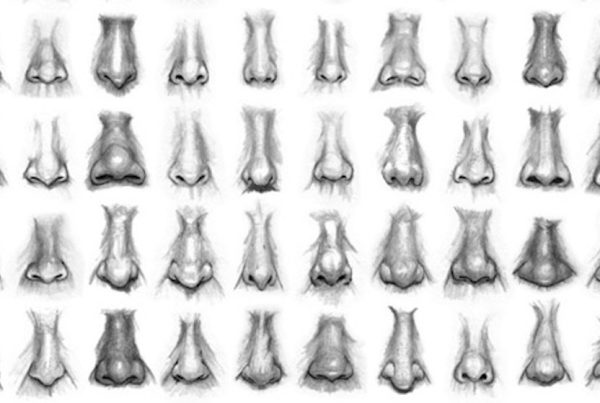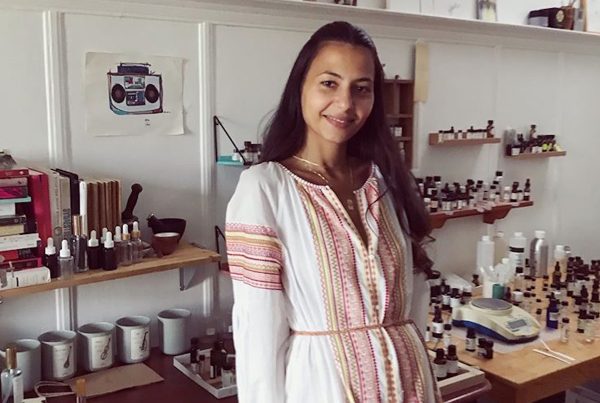Today, most people and households boast a multitude of smart devices, which bring a large measure of convenience to our daily routine and also enhance our experience with the simple pleasures in life like music and movies. However, that convenience comes at a cost. By adopting these new technologies, we might be exposing ourselves to new forms of surveillance. Beyond the simple web tracking that we today perceive as a ‘necessary evil’ and have accustomed ourselves to, smart devices could result in a whole new range of surveillance forms which extract data about us through the multi-sensory techniques available in these devices.
Called sensory surveillance, it refers to the sensors embedded in smart devices, which allow companies to collect data about your vision, smell, hearing, tastes, and even mood—all without you knowing it. This has major implications for public data privacy and security. While the current concern is largely confined to the consumer space at the moment, it will become increasingly pertinent to the business space in the near future.
Surveillance everywhere
Most of us buy smart devices for the innovation and convenience they promise without giving much thought to how these gadgets handle data security and privacy. The camera in our smart doorbell or lock can, for instance, provide data about when we are home, when our mail is delivered, and even whether we have a dog. Most devices also have built-in microphones which record the sounds and conversations that take place in your home. While tech companies insist that these recordings are kept safe and that they have sufficient operational procedures in place to protect consumers, there are no perfect guarantees when it comes to technology and data storage.
Meanwhile, other products and services (such as our smart fridge or favourite streaming services) can pick up on our other sensory preferences like tastes and moods. A simple monitoring of, say, the movies we watch, the music we listen to, and the websites we visit provides data aggregators a trove of information that has huge potential as a monetizable asset. Besides, when combined with other sensory information like our eating habits for instance, this data paints a fairly clear picture of our mood and even helps companies predict how we feel and what we might eat based on what we’re watching. This type of early detection is a precious advantage for advertisers and marketers.
We might not notice how much data we’re giving up now because sensory surveillance might still be in its infancy, but it’s like being a frog in a pot that is slowly coming to a boil—the impact will prove more significant over time.
The business impact
It’s no secret that whatever happens on the consumer side will eventually show up on the business side as well. For instance, just as TVs send a screenshot of what you watch back to their servers, it’s likely that workplace projectors will do the same with employee data or other business information.
One way to always stay in the know is to set up a continuous assessment cycle and conduct periodic reviews of third-party tech vendor relationships to ensure that these companies are transparent about the data they collect and how securely they handle it. It’s also good practice to check whether the tech vendors that you work with hold certifications from renowned TIC (testing, inspection, and certification) companies for their confidentiality and data protection processes, not to mention verifying if the vendors comply with privacy regulations like the GDPR and PoPIA.
Choosing the right technology partners
Whether in our personal or business capacities, we all need to be aware of how pervasive technological surveillance is and the impact it can have on our lives online. In case of a business, having the right vendors—who treat user data like their own, stay accountable, and take a hard stance against surveillance in any form—is one of the critical drivers that ensure a privacy-first experience for your customers.
Andrew Bourne is Zoho’s Regional Manager for the Africa region and is based in Cape Town, South Africa.













